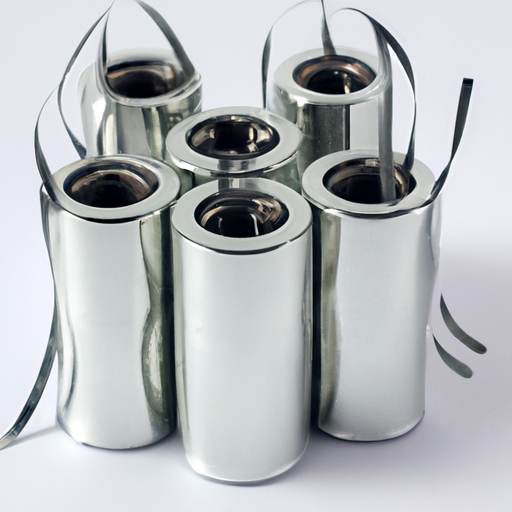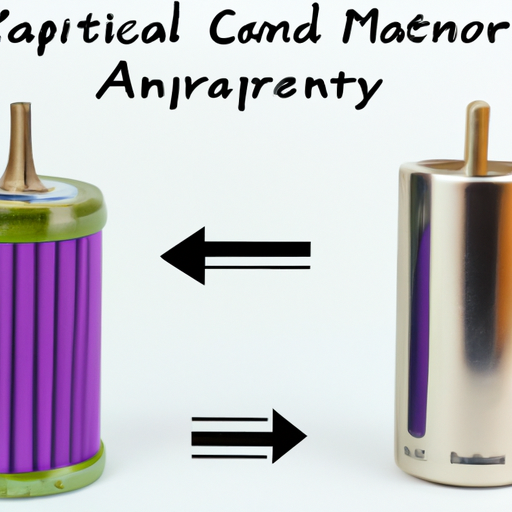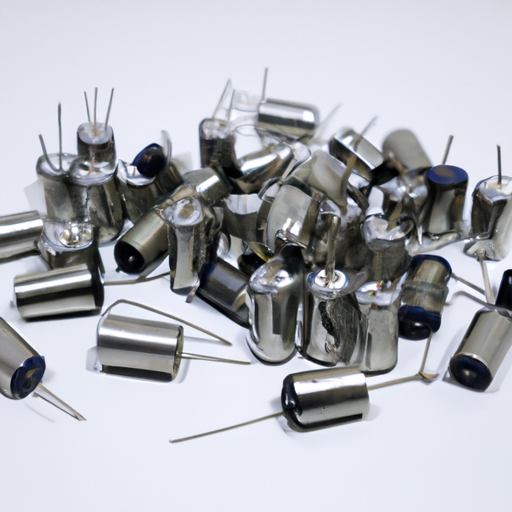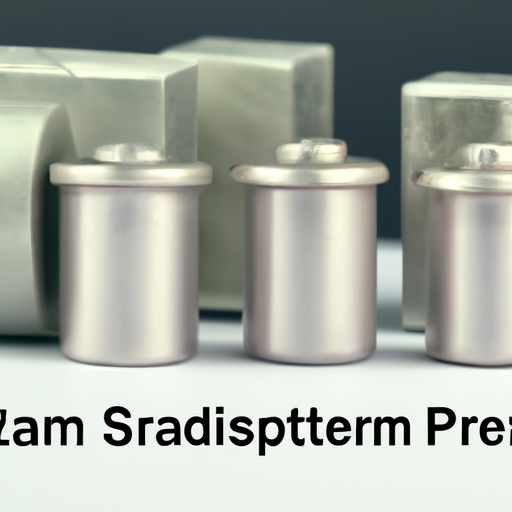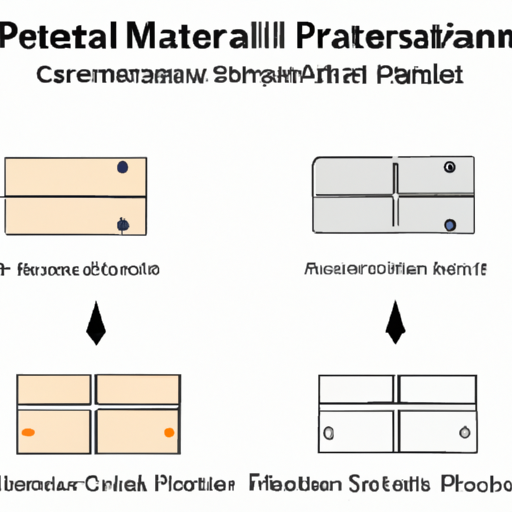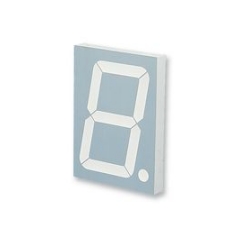What are the popular capacitor film product types?
What are the Popular Capacitor Film Product Types?
I. Introduction
Capacitors are essential components in electronic circuits, serving as energy storage devices that can release energy when needed. Among the various types of capacitors, film capacitors have gained popularity due to their unique properties and versatility. This blog post will explore the different types of film capacitors, their characteristics, applications, advantages, and future trends in technology.
II. Understanding Capacitor Film Technology
A. Basic Principles of Capacitors
1. **Functionality of Capacitors**: Capacitors store electrical energy in an electric field, created by two conductive plates separated by an insulating material known as a dielectric. When voltage is applied, the capacitor charges, and when the circuit requires energy, the capacitor discharges.
2. **Types of Capacitors**: Capacitors come in various forms, including ceramic, electrolytic, tantalum, and film capacitors. Each type has its own set of characteristics that make it suitable for specific applications.
B. What is a Film Capacitor?
1. **Composition and Structure**: Film capacitors are made from thin plastic films as the dielectric material. These films can be made from various polymers, including polyester, polypropylene, and polycarbonate. The conductive plates are typically made of metal, which can be either aluminum or copper.
2. **Advantages of Film Capacitors**: Film capacitors are known for their stability, low loss characteristics, and high voltage ratings. They are also less prone to failure compared to other types of capacitors, making them a reliable choice for many applications.
III. Types of Film Capacitors
A. Polyester Film Capacitors
1. **Characteristics**: Polyester film capacitors are made from polyethylene terephthalate (PET) film. They are known for their good electrical properties, moderate capacitance values, and relatively low cost.
2. **Applications**: These capacitors are commonly used in consumer electronics, power supplies, and audio equipment due to their reliability and affordability.
B. Polypropylene Film Capacitors
1. **Characteristics**: Polypropylene film capacitors offer lower dielectric losses and higher insulation resistance compared to polyester capacitors. They can handle higher temperatures and voltages, making them suitable for demanding applications.
2. **Applications**: They are widely used in audio equipment, power electronics, and high-frequency applications due to their excellent performance characteristics.
C. Polycarbonate Film Capacitors
1. **Characteristics**: Polycarbonate film capacitors are known for their stability and low temperature coefficient. They have a higher capacitance per unit volume compared to other film capacitors.
2. **Applications**: These capacitors are often used in timing circuits, precision applications, and where high reliability is required.
D. Polystyrene Film Capacitors
1. **Characteristics**: Polystyrene film capacitors are known for their low dielectric losses and excellent stability. They are available in small capacitance values and are often used in applications requiring high precision.
2. **Applications**: Commonly found in audio circuits, RF applications, and timing circuits, polystyrene capacitors are favored for their performance in critical applications.
E. Other Specialized Film Capacitors
1. **Teflon Film Capacitors**: Teflon film capacitors are known for their high-temperature resistance and low dielectric losses. They are often used in high-frequency applications and environments where chemical resistance is essential.
2. **Metallized Film Capacitors**: These capacitors have a thin layer of metal deposited on the dielectric film, which allows for self-healing properties. They are widely used in power electronics and audio applications.
IV. Key Features and Specifications
A. Capacitance Range
Film capacitors are available in a wide range of capacitance values, typically from a few picofarads to several microfarads, making them suitable for various applications.
B. Voltage Ratings
Voltage ratings for film capacitors can vary significantly, with some capable of handling voltages up to several kilovolts. It is crucial to select a capacitor with an appropriate voltage rating for the application to ensure reliability.
C. Temperature Coefficients
The temperature coefficient indicates how the capacitance value changes with temperature. Film capacitors generally have stable temperature coefficients, making them suitable for applications with varying temperature conditions.
D. Tolerance Levels
Tolerance levels for film capacitors can range from ±1% to ±20%, depending on the type and application. Higher precision applications may require capacitors with tighter tolerances.
E. Dielectric Strength
Dielectric strength refers to the maximum electric field a capacitor can withstand without breakdown. Film capacitors typically exhibit high dielectric strength, contributing to their reliability in various applications.
V. Applications of Film Capacitors
A. Consumer Electronics
Film capacitors are widely used in consumer electronics, including televisions, audio systems, and power supplies, due to their reliability and performance.
B. Industrial Equipment
In industrial settings, film capacitors are used in motor drives, inverters, and power conditioning equipment, where stability and performance are critical.
C. Automotive Applications
Film capacitors are increasingly used in automotive electronics, including power management systems, infotainment systems, and electric vehicle applications, due to their robustness and reliability.
D. Renewable Energy Systems
With the rise of renewable energy technologies, film capacitors play a vital role in solar inverters and wind turbine systems, where efficiency and reliability are paramount.
E. Audio and Video Equipment
High-fidelity audio and video equipment often utilize film capacitors for their low distortion and high-frequency response, making them ideal for critical audio applications.
VI. Advantages of Using Film Capacitors
A. Stability and Reliability
Film capacitors are known for their long-term stability and reliability, making them suitable for applications where performance is critical.
B. Low Loss Characteristics
These capacitors exhibit low dielectric losses, which is essential for high-frequency applications and energy-efficient designs.
C. High Voltage and Current Ratings
Film capacitors can handle high voltages and currents, making them suitable for demanding applications in power electronics and industrial equipment.
D. Environmental Resistance
Film capacitors are resistant to moisture, chemicals, and temperature variations, making them suitable for use in harsh environments.
VII. Challenges and Limitations
A. Size and Form Factor
While film capacitors offer many advantages, they can be larger than other types of capacitors, which may limit their use in compact electronic designs.
B. Cost Considerations
Film capacitors can be more expensive than other capacitor types, such as ceramic or electrolytic capacitors, which may be a consideration for cost-sensitive applications.
C. Performance in Extreme Conditions
Although film capacitors are generally reliable, their performance can be affected in extreme temperature or humidity conditions, necessitating careful selection for specific applications.
VIII. Future Trends in Film Capacitor Technology
A. Innovations in Materials
Research is ongoing to develop new dielectric materials that can enhance the performance of film capacitors, including improved temperature stability and lower losses.
B. Miniaturization and Integration
As electronic devices continue to shrink, there is a growing demand for smaller film capacitors that can be integrated into compact designs without sacrificing performance.
C. Sustainability and Eco-Friendly Options
With increasing awareness of environmental issues, manufacturers are exploring eco-friendly materials and production processes for film capacitors, aiming to reduce their environmental impact.
IX. Conclusion
In summary, film capacitors are a vital component in modern electronics, offering a range of types and characteristics suitable for various applications. From consumer electronics to renewable energy systems, their stability, reliability, and performance make them a preferred choice for engineers and designers. As technology continues to evolve, film capacitors will play an essential role in shaping the future of electronic devices. When selecting the right film capacitor, it is crucial to consider the specific requirements of the application to ensure optimal performance and reliability.
X. References
- Academic Journals
- Industry Reports
- Manufacturer Specifications and Guidelines
This comprehensive overview of popular capacitor film product types highlights their significance in the electronics industry and provides valuable insights for anyone looking to understand or utilize these essential components.

